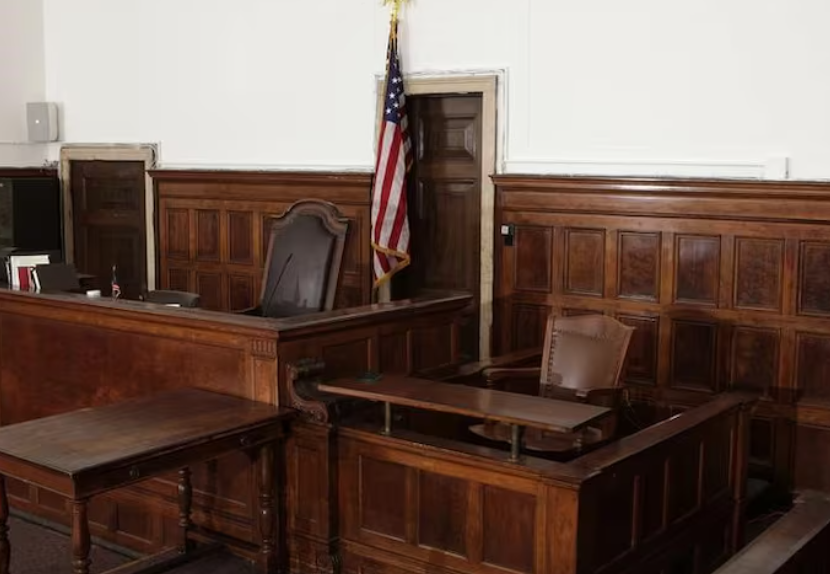On Friday, a divided U.S. appeals court ruled that class action-style lawsuits alleging violations of federal wage laws must be limited to the states where the plaintiffs worked, further deepening a split among appellate courts on this issue. The Chicago-based 7th U.S. Circuit Court of Appeals, in a 2-1 decision, sided with construction company Signet Builders, agreeing that the Wisconsin court where an ex-employee filed a lawsuit seeking overtime pay only has jurisdiction over workers based in that state.
The panel based its decision on the U.S. Supreme Court’s 2017 ruling in Bristol-Myers Squibb Co. v. Superior Court of California, which held that people who lived outside California could not join a product liability case filed in that state’s court against the drugmaker. The 7th Circuit joined three other appeals courts in applying the BMS ruling to cases brought under the federal Fair Labor Standards Act (FLSA), which allows plaintiffs to bring “collective actions” on behalf of large groups of workers alleging wage law violations.
“BMS teaches that a court must establish its jurisdiction over claims one at a time. The FLSA does not mark an exception to that rule,” wrote U.S. Circuit Judge Amy St. Eve in an opinion joined by U.S. Circuit Judge Doris Pryor.
Lawyers for Signet and the named plaintiff, Jose Luna Vanegas, did not respond to requests for comment.
Efforts to limit the scope of FLSA collective actions have been ongoing since the Supreme Court’s 2017 ruling, particularly with the support of major business groups. Nationwide and multi-state FLSA lawsuits are common and can be more costly to litigate, while also exposing companies to greater liability.
The Boston-based 1st U.S. Circuit Court of Appeals remains the only appeals court to have ruled that FLSA collective actions are not restricted to the states where they are filed. In a 2022 decision, the 1st Circuit argued that barring nationwide lawsuits would undermine the broad remedial purpose of the wage law. The U.S. Supreme Court declined to take up the issue last year, rejecting a case from the Philadelphia-based 3rd U.S. Circuit Court of Appeals involving FedEx.
The 7th Circuit’s decision on Friday reversed a ruling by U.S. District Judge James Peterson in Madison, Wisconsin, who had sided with the 1st Circuit and allowed Luna Vanegas’ bid to certify a nationwide collective. The majority opinion held that because FLSA collective actions are aggregations of individual claims rather than a single claim on behalf of a large group, they resemble the mass tort cases described in the Bristol Myers decision more than traditional class actions. However, St. Eve noted that broader lawsuits could still be filed in Texas, where Signet Builders is based.
In her dissent, U.S. Circuit Judge Ilana Rovner argued that nothing in the FLSA limits the scope of collective actions. She expressed concern that the ruling would deter many workers from suing altogether. “That these individuals may pursue their claims collectively either in the forum most convenient to their employer or in multiple unsynchronized suits scattered across the country is a hollow comfort,” said Rovner, who was appointed by Republican former President George H.W. Bush.
The case is Luna Vanegas v. Signet Builders Inc., 7th U.S. Circuit Court of Appeals, No. 23-2964.

